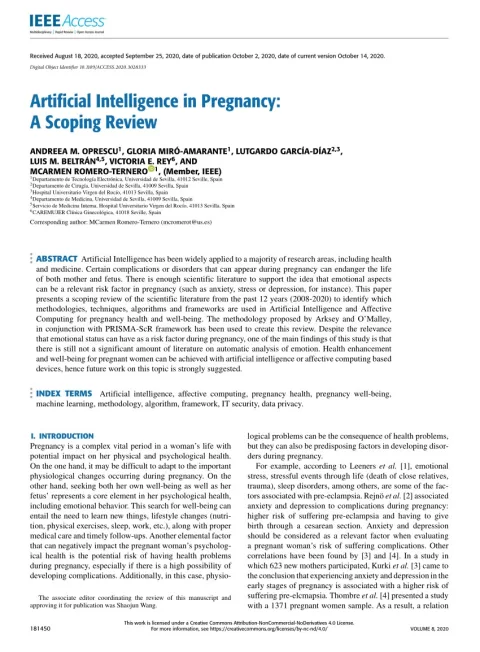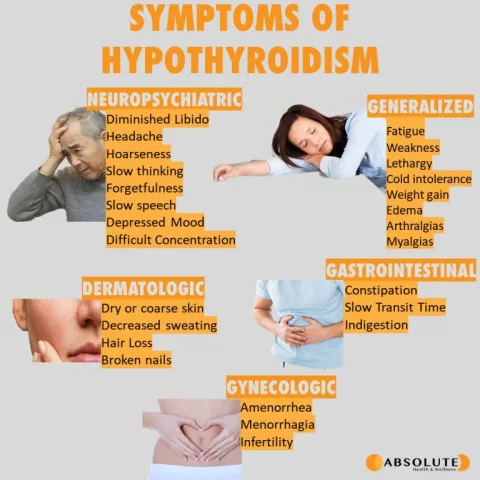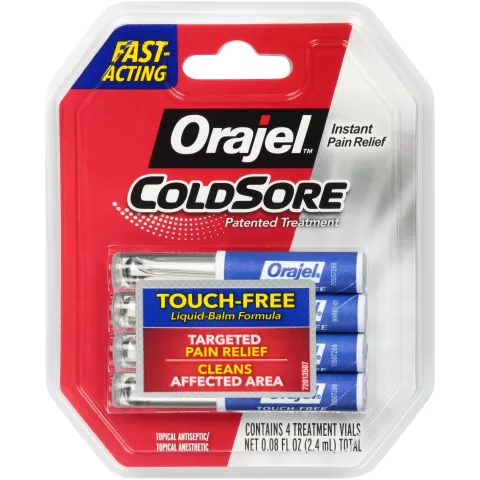Chickenpox in adults is often an overlooked yet significant health concern. While many associate this viral infection with childhood, adults can contract chickenpox, typically experiencing more severe symptoms and a higher risk of complications like pneumonia and encephalitis. Understanding adult chickenpox symptoms is essential, as the infection can put a strain on the immune system, leading to debilitating health challenges. For those unvaccinated or previously unexposed, the varicella vaccine plays a crucial role in prevention, drastically reducing the likelihood of contracting the virus. In this detailed guide, we will explore the symptoms, complications, and treatment options available for adults suffering from chickenpox.
Often referred to as varicella, chickenpox is not just a childhood ailment; adults face unique challenges when infected. While the primary infection may evoke memories of childhood for many, adult victims may endure heightened symptoms and risk factors. This guide delves into the severity of adult chickenpox manifestations, potential complications such as shingles risk after chickenpox, and effective treatment strategies. Moreover, the importance of proactive measures like the varicella vaccine cannot be stressed enough. By grasping the complexities of this viral infection in adulthood, individuals can take informed steps to protect their health.
Understanding Chickenpox in Adults
Chickenpox in adults can be a much more severe and uncomfortable experience than in children. This infectious disease, primarily affecting children, can lead to a higher level of complications when contracted by adults. As the varicella-zoster virus spreads, adults may exhibit symptoms such as a high fever, intense fatigue, and an itchy skin rash that can vary in presentation. It’s vital for adults, particularly those who have never contracted chickenpox or received the varicella vaccine, to recognize these symptoms swiftly to seek appropriate medical care.
Moreover, adults may experience additional challenges due to the body’s immune response during infection. The presence of flu-like symptoms alongside the characteristic rash can lead to significant discomfort and heightened fatigue. Additionally, adults are advised to monitor their symptoms closely and stay hydrated, as dehydration can exacerbate the severity of symptoms. Understanding how chickenpox manifests in adults allows for better preparation and response to the infection.
Chickenpox Complications in Adults
The complications associated with chickenpox in adults can be both serious and life-threatening. One of the more concerning risks is pneumonia, which can arise from the primary infection of the varicella-zoster virus. This respiratory complication is more likely to affect adults with pre-existing health conditions or weakened immune systems and can necessitate hospitalization. Other severe complications may include encephalitis, where the virus may cause inflammation of the brain, leading to symptoms such as confusion or seizures.
In addition to respiratory issues, adults are also at risk for bacterial infections that may arise from scratching the blisters. These secondary infections can lead to further health complications if not addressed promptly. Understanding the potential for such complications emphasizes the need for adults to seek medical advice when exhibiting symptoms of chickenpox, as proactive management can help prevent serious outcomes.
Important Vaccination Insights
Vaccination plays a crucial role in preventing chickenpox, especially for those who did not experience the disease as children. The varicella vaccine is highly recommended for adults to significantly reduce their risk of contracting chickenpox. Those considering vaccination should ideally do so before any exposure to the virus to ensure maximum effectiveness. It is particularly imperative for individuals in high-risk categories, such as pregnant women or those with weakened immune systems, to become vaccinated.
Health organizations frequently update vaccination guidelines based on new research, emphasizing the importance for adults to remain informed about their vaccination status. Being proactive with vaccinations not only helps protect the individual but also contributes to community health by reducing the overall incidence of chickenpox, thereby preventing outbreaks.
Effective Treatment Options for Chickenpox in Adults
The treatment for chickenpox in adults primarily focuses on alleviating symptoms rather than eradicating the virus. For itchy rashes, antihistamines and calamine lotion are commonly recommended to provide relief from discomfort. Antiviral medications may be prescribed in more severe cases, particularly for those who are at higher risk for complications. It is crucial for adults to consult healthcare providers to determine the most appropriate treatment plan tailored to their health needs.
Additionally, over-the-counter pain relievers, like acetaminophen, can help manage fever and associated discomfort. However, adults should avoid aspirin due to the risk of Reye’s syndrome, a serious condition that can occur in individuals who have viral infections. Understanding the available treatments allows adults to take active steps towards managing their symptoms effectively.
Post-Recovery Considerations: The Risk of Shingles
Once an individual has recovered from chickenpox, it is vital to understand the latent risks associated with the varicella-zoster virus. The virus may remain dormant in the nervous system and can reactivate later in life as shingles, leading to a painful rash and other complications. Adults who have had chickenpox should be aware of the potential for shingles, particularly as they age.
To reduce the risk of shingles, health professionals recommend vaccination with the shingles vaccine, especially for individuals aged 50 and above. This vaccine can significantly decrease the chance of developing shingles and its associated complications, such as postherpetic neuralgia, which can lead to long-lasting pain. Engaging in discussions with healthcare providers about shingles prevention can empower adults to safeguard their health post-recovery from chickenpox.
Frequently Asked Questions
What are the common symptoms of Chickenpox in Adults?
Common symptoms of chickenpox in adults include high fever, fatigue, headaches, loss of appetite, and an itchy skin rash that progresses from red spots to fluid-filled blisters. These symptoms may appear 10 to 21 days after exposure to the varicella-zoster virus.
What complications can arise from Chickenpox in Adults?
Chickenpox complications in adults may include pneumonia, encephalitis, skin infections, and the necessity for hospitalization due to severe symptoms. Adults face a higher risk of complications compared to children.
How can chickenpox be prevented in Adults?
The best method to prevent chickenpox in adults is through the varicella vaccine, which is recommended for individuals who have never been infected. Vaccination significantly reduces the risk of contracting the virus.
What treatments are available for Chickenpox in Adults?
Adult chickenpox treatment focuses on easing symptoms. Options include antihistamines for itching, calamine lotion, antiviral medications for severe cases, and pain relievers like acetaminophen. It’s important to seek medical advice if symptoms worsen.
Is there a risk of developing Shingles after Chickenpox in Adults?
Yes, adults who have had chickenpox are at risk of developing shingles later in life. The varicella-zoster virus remains dormant in the body and can reactivate, causing a painful rash known as shingles.
| Key Points | Details |
|---|---|
| Symptoms | Fever, fatigue, itchy skin rash, headaches, loss of appetite |
| Complications | Higher risk of pneumonia, encephalitis, bacterial infections, and possible hospitalization |
| Prevention | Varicella vaccine recommended for non-infected adults |
| Treatment | Antihistamines, calamine lotion, antiviral medications, pain relievers, consult healthcare providers |
Summary
Chickenpox in adults is a serious health concern that presents unique challenges compared to the milder form seen in children. Adults are at a higher risk for severe symptoms and complications, making it essential to understand the illness fully. Recognizing the signs, such as fever and an itchy skin rash, can lead to quicker diagnosis and treatment. Prevention through vaccination is highly encouraged, particularly for adults who have not had the disease before. If infected, prompt medical advice can help mitigate complications, ensuring a better recovery. As awareness and information about chickenpox in adults grow, staying informed becomes a vital aspect of maintaining health.
The content provided on this blog (e.g., symptom descriptions, health tips, or general advice) is for informational purposes only and is not a substitute for professional medical advice, diagnosis, or treatment. Always seek the guidance of your physician or other qualified healthcare provider with any questions you may have regarding a medical condition. Never disregard professional medical advice or delay seeking it because of something you have read on this website. If you believe you may have a medical emergency, call your doctor or emergency services immediately. Reliance on any information provided by this blog is solely at your own risk.








